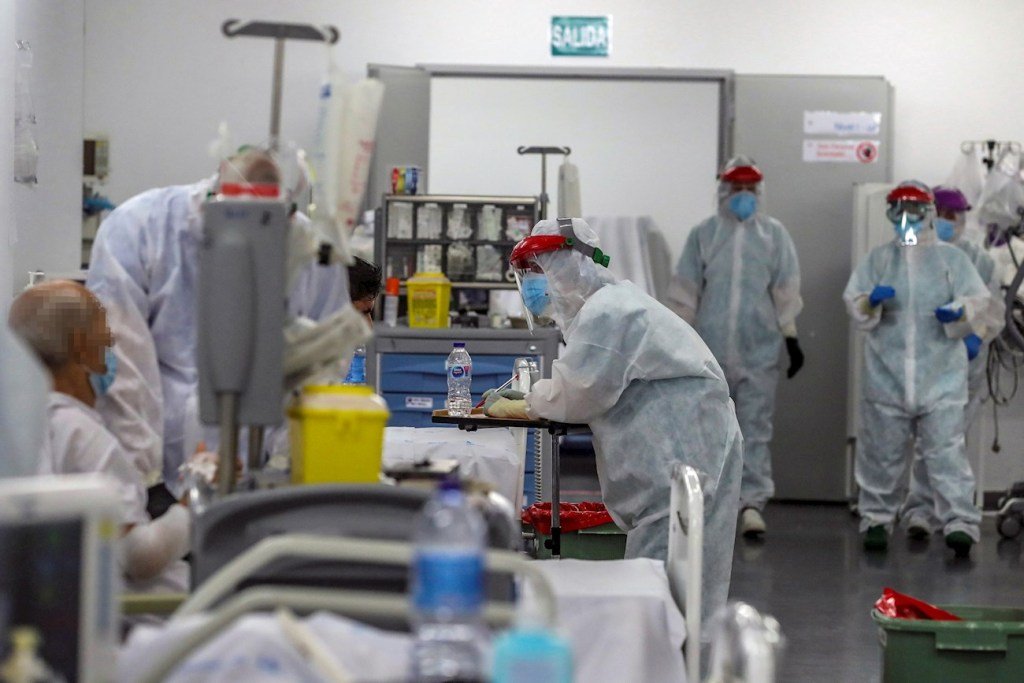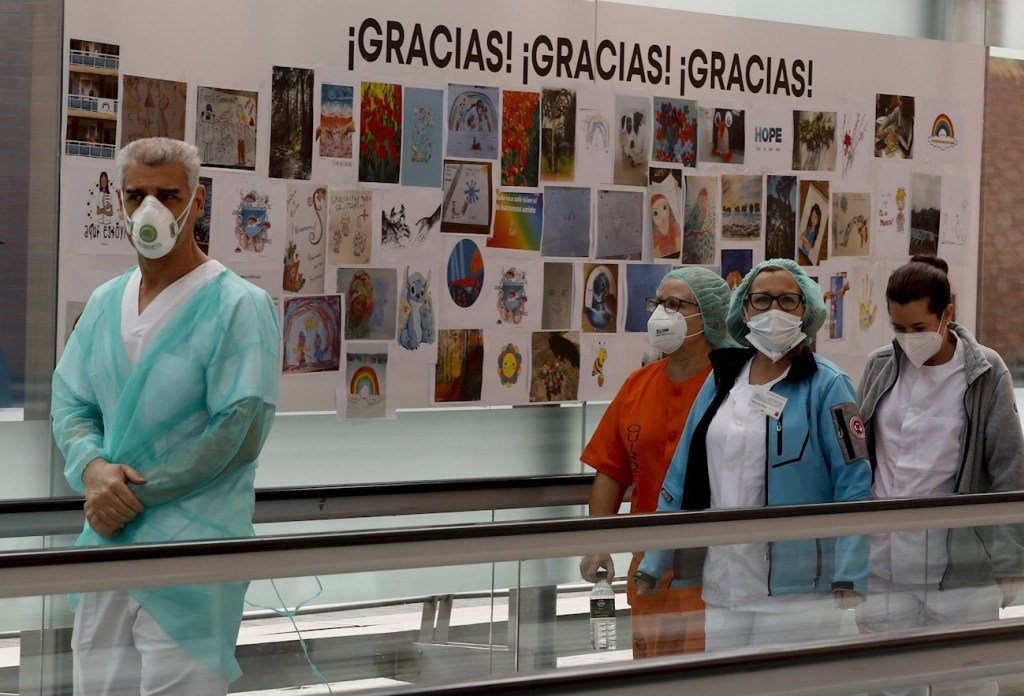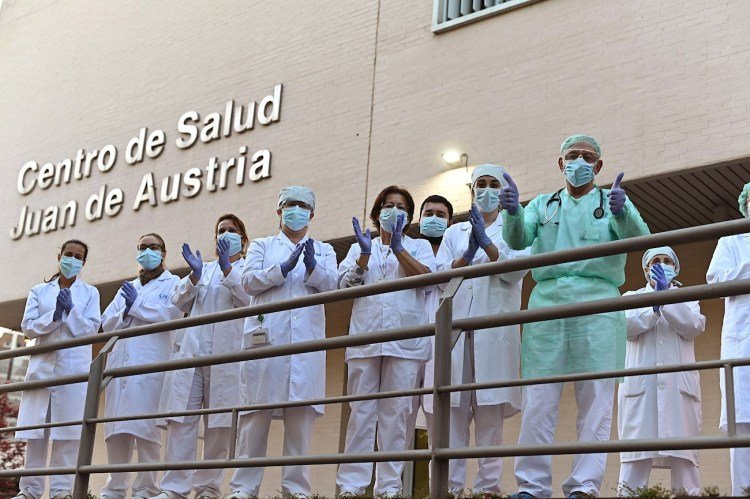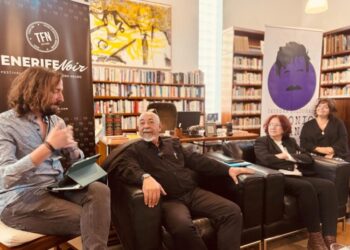The current COVID-19 pandemic does not discriminate, it attacks any sector of the population equally and although some evolve better than others in the face of the disease, no one is exempt from the high contagion and threat to life posed by this new virus.
The dynamics of societies depend on each region of the planet, although in the case of the medical sector the situation varies little, with less or more resources, the effort is directly proportional to the risk lived daily by these professionals, who face an invisible enemy.
Alina is a Cuban doctor residing in Spain who this year started working in Madrid. She prefers to only give her name, so as not to be out of place in a professional environment where health personnel are asked to not spread sensitive information.
Although her work began in a “normal way, in an outpatient clinic serving patients of different ages, with all the necessary conditions,” just over a month ago, the first cases started coming in with respiratory symptoms. She has been working directly with infected patients and possible cases for four weeks.
“Neither I nor anyone imagined that it would reach this magnitude. When the first infected cases were reported in China, it was something that seemed so far away, but they got here to Spain…and that’s how we are now.”
“Yes, you’re helping the sick, but you’re also at risk of getting sick, although well,” she says, “in our line of work doctors are exposed all the time because the coronavirus is not the first ‘bug’ that has existed on the planet, therefore in the end we always have a high professional risk for our health.”

“An epidemic demands much more and you even end up being a victim of the media and the panic they create, although sometimes fear is necessary to a certain extent for people to understand the magnitude of the situation,” she adds.
Beyond her profession, Alina, like any other individual, feels vulnerable: “Sometimes you can be discouraged or afraid when thinking ‘and if I get sick, what will happen?’ You are obsessed with complying with health and protection measures, a sensation that we pass on to patients.”
“It has already been seen that young people also get sick and no matter what, health personnel are the most exposed to a constant viral load, even if they use the means of protection.”
“No matter how high their quality, no health system is prepared to suddenly take on such a large number of patients. Most of the people have understood that they have to take care of themselves and comply with the recommendations to avoid contagion and free the health systems.”
“This is an unprecedented phenomenon that has greatly affected normal life in the world. People’s behavior depends a lot on their knowledge of the context and on the perception of risk that, if it is not adequate, you obviously are not going to give it importance,” a reality that is lived on the planet.

The end of this kind of catastrophic film that currently affects more than two million people and that we hope will mean a change in the world’s societies is still distant.
As complex as the current situation is, “when the years go by and the COVID-19 becomes one more virus described in a medical book, it will be easier to face it, but assuming it like this, half blind, also means a lot of professional stress,” points out the young doctor.
“It’s always about doing what is best for the patient, but it does not always depend on one, we have to keep up with new events and protocols dictated by hospitals around the world that have been accumulating experiences, although in medical terms two or three months is almost nothing.”
The current stage we are living in becomes more bearable if faced accompanied. It is not easy to assume the crisis away from the family and in a strange country, therefore, all empathy is appreciated, Alina confesses to us: “I have contact with other Cuban doctors here, good and kind people who feel the same satisfaction of going through all this with a compatriot at your side, so to speak. Also the team at the hospital is very good, we all help each other a lot because there’s very good empathy, despite the cultural differences, things that happen on a secondary level when everyone comes together for a greater good and that means less of an emotional burden.”
Faced with the initiative to applaud medical personnel from homes in Cuba, Alina only asks that “they not be empty applause, and I am not saying that they are all, but each person must realize the true value of health personnel, who work in Cuba for love and for their patients, not for anything else. We know that many times they don’t receive the treatment they deserve, now there is this crisis with the new coronavirus, but when everything is over, things will return to normal, and that is sad. Let’s hope it won’t be like that and that Cuban doctors will always be applauded.”

As a doctor, she advises following the oriented measures of social distancing and hygiene, only adding as a detail developing “a lot of empathy, not thinking about the ‘I’ and assuming the social responsibility that we have now, not only for ourselves, but for everyone.”











